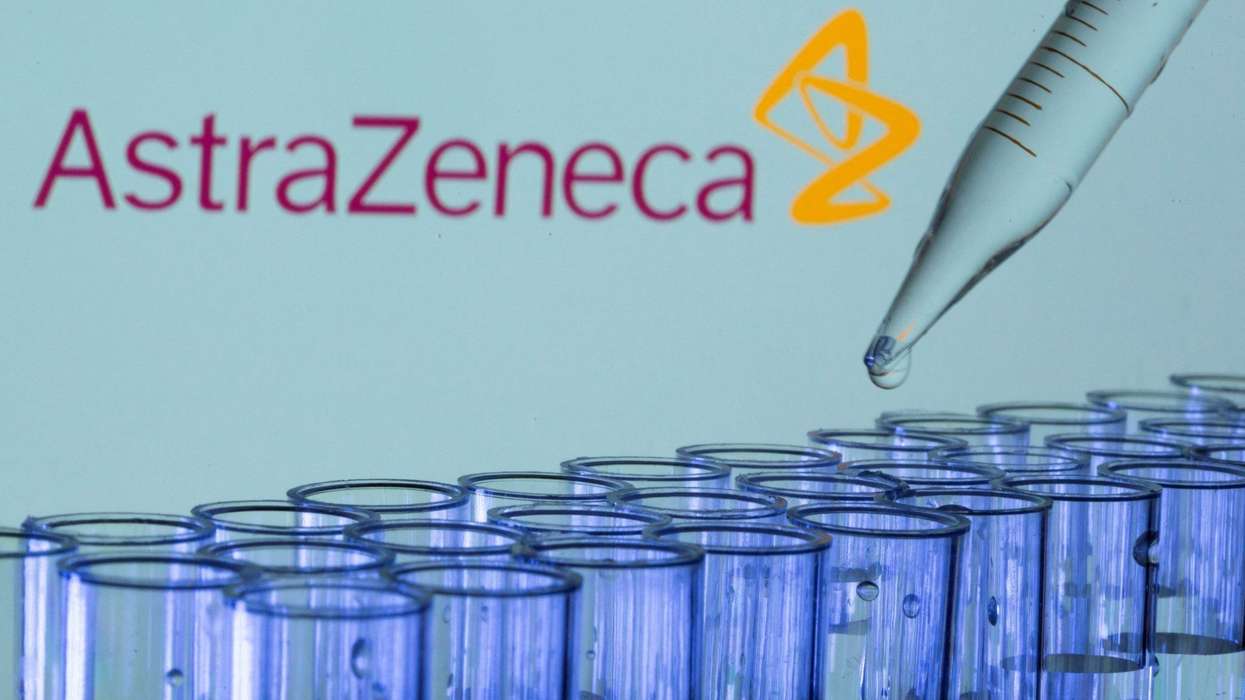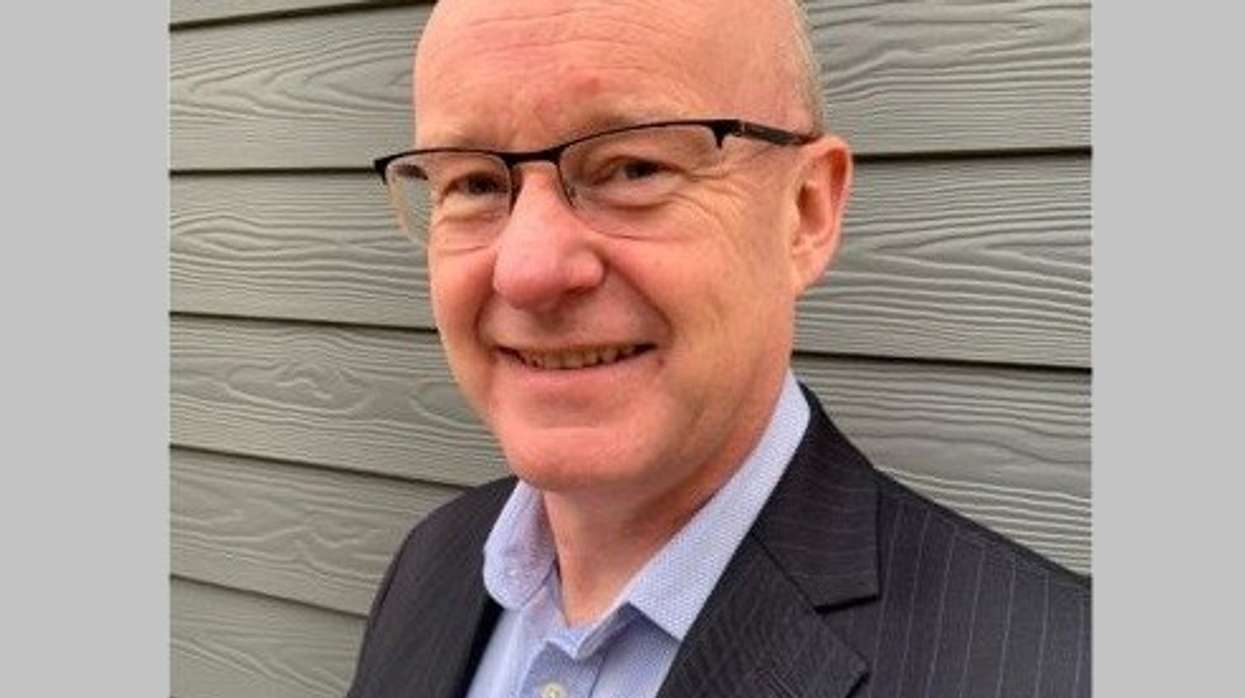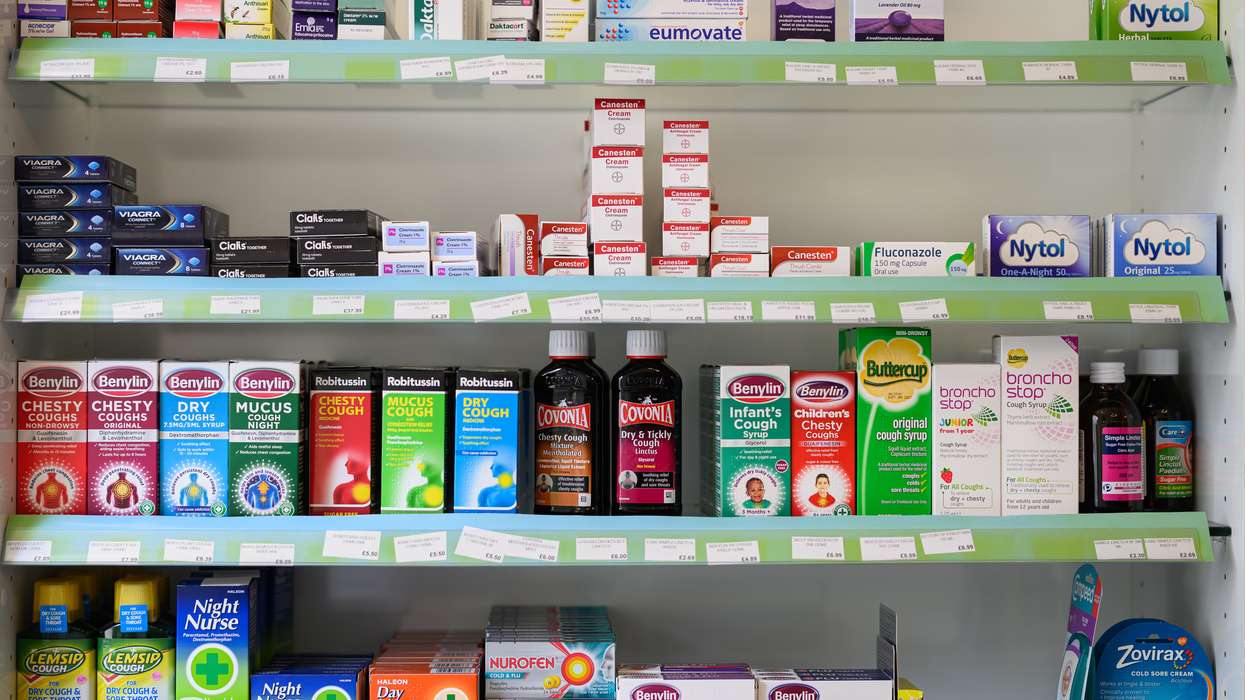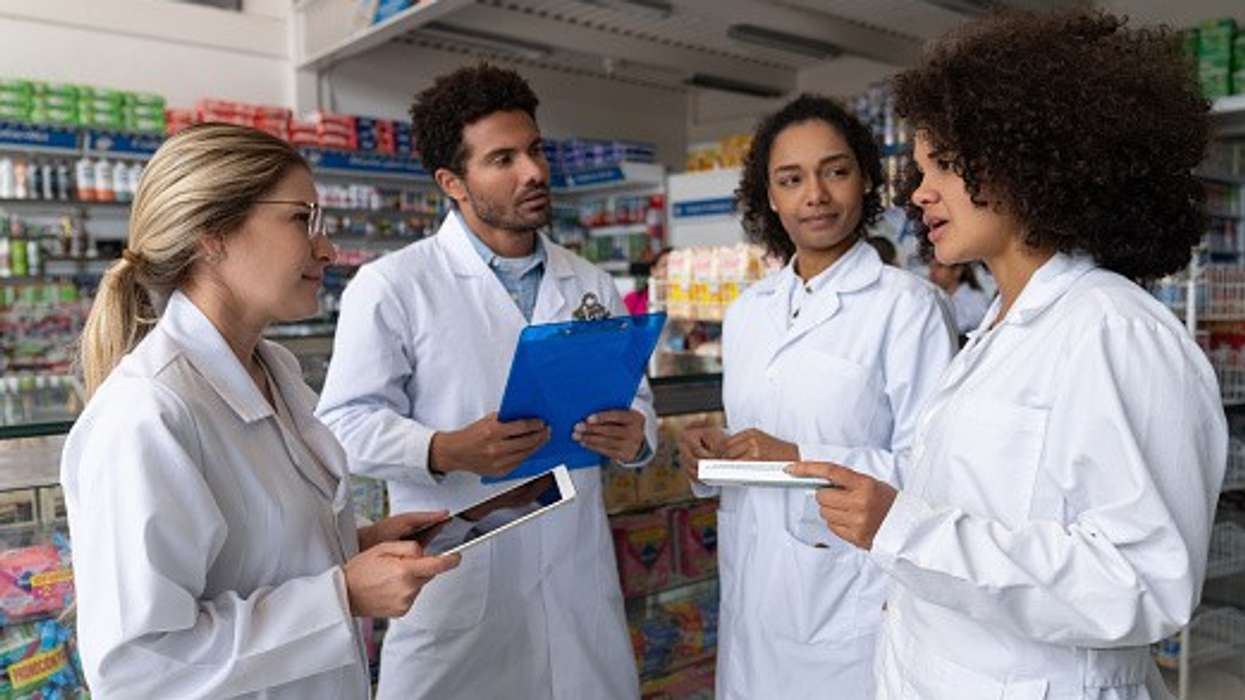The new medicine service (NMS) will be expanded to cover 12 new therapeutic conditions from September 1, the Pharmaceutical Services Negotiating Committee (PSNC) informed today (August 23), as it published the outcome of the negotiations on Year Three of the community pharmacy contractual framework.
From September 1, contractors can offer patients support to manage twelve additional conditions:
- Acute coronary syndrome (ACS);
- Atrial fibrillation (AF);
- Coronary heart disease;
- Epilepsy;
- Glaucoma;
- Gout;
- Heart failure;
- Hypercholesterolaemia ;
- Osteoporosis;
- Parkinson’s Disease;
- Stroke / transient ischemic attack; and
- Urinary incontinence and retention.
The conditions previously covered by the service will remain in place, PSNC said, adding that the NHS Business Services Authority (NHSBSA) will shortly publish an updated list of medicines that are suitable for NMS, covering the above conditions.
After the expansion to the service, an increase in the cap on the number of NMS which can be provided by contractors has also been agreed, the negotiator said.
“The cap will be increased from 0.5 per cent to one per cent of monthly prescription volume and additional bandings will also be included. The maximum remuneration for the service remains at £28 per NMS.”
Besides, the service will be amended to allow the opportunity for NMS to be offered to support carers of patients and the parents or guardians of children newly prescribed medication who could benefit from the service but where the patient is not able to provide informed consent themselves.
Catch-up NMS
As part of the NHS Covid-19 recovery plan, the temporary introduction of catch-up NMS has been agreed. This will enable patients, who were prescribed a new medicine during the pandemic, but could not receive NMS support at the time, to access a catch-up NMS.
Future development
Further therapeutic areas will be piloted through the Pharmacy Integration Fund to inform any future expansion of the service. This will support the further development of the service as part of a service model fully integrated with the wider Primary Care.











